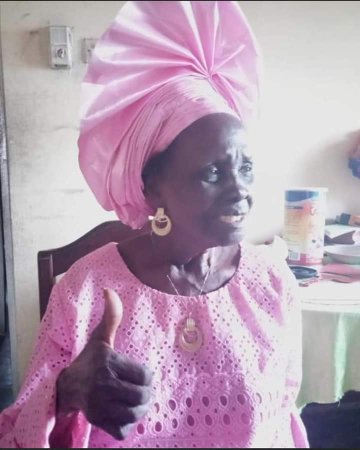By: Celestine Ukah
A Chieftain of the Peoples Democratic Party, PDP from Opuama, Egbema Clan in Warri North LGA, Delta State, Chief David Seikiri Ugedi has endorsed the reelection bid of the member Representing Warri Federal Constituency at the House of Representatives, Hon. Chief Dr. Thomas Ereyitomi JP, He made the second term endorsement known during the presentation of campaign materials, polo caps , flyers among others in Warri.
While presenting the campaign items ,Friday November 11, 2022, Chief Ugedi commended Rep Ereyitomi for his bold and people oriented representation brought to Warri federal constituency , noting that the people are proud of the robust and quality Ereyitomi has brought on board, adding more value and respect to Warri federal constituency.

Front Row: Chief Ugedi (2nd left) Hon. Chief Dr. Ereyitomi (3rd left) Austin Akoma & others



Chief David Seikiri Ugedi who’s also the Bebetebefiewei of Egbema Kingdom ( Truth Speaker of the kingdom) assured Hon. Chief Ereyitomi of massive support and ensure his victory again at the poll, according to Chief Ugedi Rep Ereyitomi has shown capacity love and equal representation to all.
Responding the Member Representing Warri Federal Constituency, Hon. Chief Dr. Thomas Ereyitomi JP said in 2018 Chief Ugedi stood and supported him and is also sustaining the support, he commended the donor for the gesture which will boost the campaign going forward.
The Warri Federal lawmaker described the campaign materials donated as a big encouragement to do more for the people.
Chief Ereyitomi while expressing delight over the campaign materials said : “I you have displayed that the Ijaws of Warri North really appreciate what I have done in the National Assembly’.
He also encouraged all PDP faithful to continue their neighbour to neighbour campaign for all PDP candidates as victory is sure for all PDP candidates in the 2023 poll.




















